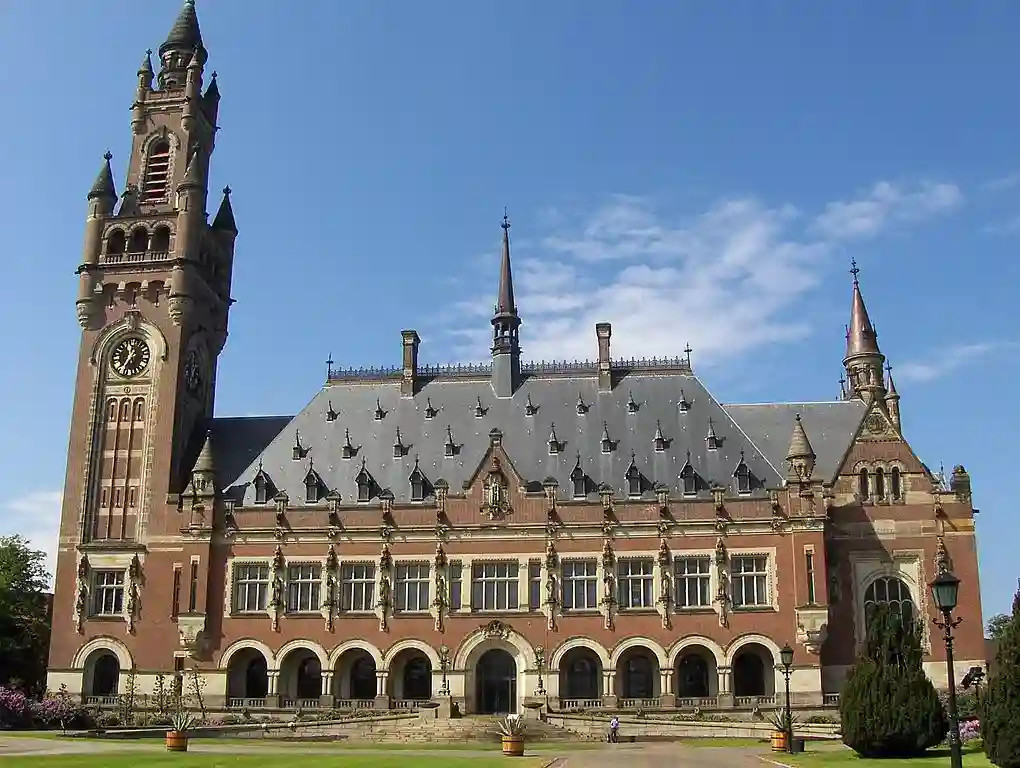In a landmark case for genocide against Israel, South Africa argued that Israel’s genocidal intent was clear from the way it conducted its military assault.

At the International Court of Justice, the UN’s highest court, South African lawyers have claimed that Israel has a plan to “destroy” Gaza that comes from “the highest level of state”.
They have accused Israel of genocide and asked the court to order Israel to cease its military operations in Gaza. Israel – which will make its case on Friday – has strongly rejected the accusations as “groundless”.
The court will only issue an opinion on the genocide claim, but it is drawing a lot of attention. South Africa’s High Court lawyer Tembeka Ngcukaitobi said Israel’s “genocidal intent” was evident “from the manner in which this military assault is being conducted”. He said: “The intent to destroy Gaza has been cultivated at the highest level of state.”
Adila Hassim, another South African lawyer, told the court: “Every day there is increasing, irreparable damage to life, property, dignity, and humanity for the Palestinian people.” “Nothing will stop the suffering, except an order from this court.”
In its evidence submitted before the hearing, South Africa said Israel’s actions were “aimed at causing the destruction of a substantial part of the Palestinian national, racial and ethnical group”.
Israel will present its defense on Friday, but has previously said its actions in the Gaza Strip are justified because it is responding to Hamas’s deadly attacks on 7 October.
Responding to that in court, South Africa’s Justice Minister Ronald Lamola said that no attack “can provide justification for or defend violations of the [Genocide] Convention”.
Israel is a party to the Genocide Convention of 1948, which defines genocide and obliges states to prevent it. On Thursday, Israel’s foreign ministry spokesman Lior Haiat said South Africa’s case “totally distorted the reality in Gaza”, saying Hamas attackers had “infiltrated Israel, killed, executed, slaughtered, raped and abducted Israeli citizens”. He said Israel will “continue to protect its citizens in accordance with international law, while distinguishing between Hamas terrorists and the civilian population”.
The ICJ is the United Nation’s highest court, based in The Hague in the Netherlands. Its rulings are theoretically legally binding on parties to the ICJ – which include Israel and South Africa – but are not enforceable. For example, in 2022, the court ordered Russia to “immediately stop military operations” in Ukraine, an order that was ignored.
Under international law, genocide is defined as committing one or more acts with the intention to destroy, in whole or in part, a national, ethnic, racial or religious group.
Outside the ICJ’s building, known as the Peace Palace, there were tense scenes as Dutch police tried to keep groups of Palestinian and Israeli supporters apart.
Hundreds of people holding Palestinian flags gathered outside the ICJ, calling for a ceasefire. Israeli supporters set up a screen showing images of some of the prisoners still being held in Gaza.
Red and white police tape has been put outside the ICJ in an attempt to bring some order to the chaotic scenes outside. Unlike the International Criminal Court (ICC), the ICJ cannot prosecute individuals for crimes such as genocide, but its opinions carry weight with the UN and other international institutions.
South Africa has been very critical of Israel’s military operation in Gaza, and its ruling African National Congress has a long history of solidarity with the Palestinian cause, as it sees similarities with its struggle against apartheid – a policy of racial segregation and discrimination enforced by the white-minority government in South Africa against the country’s black majority, until the first democratic elections, in 1994.







